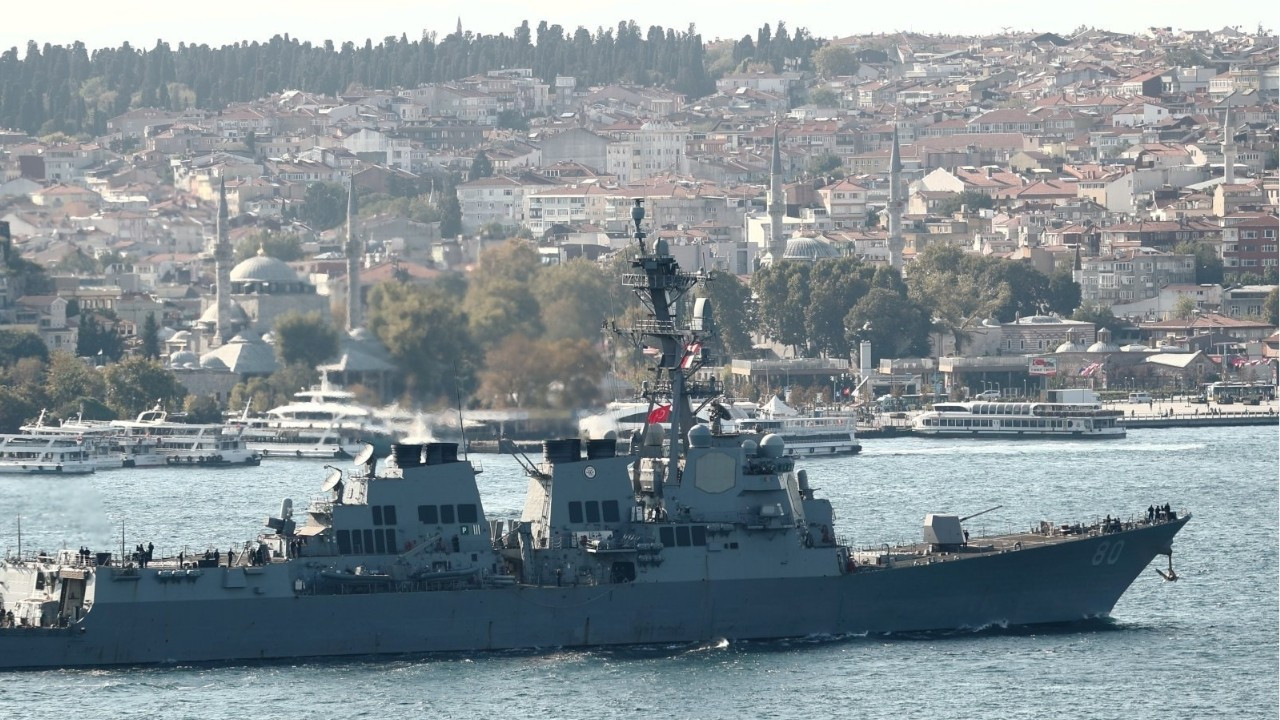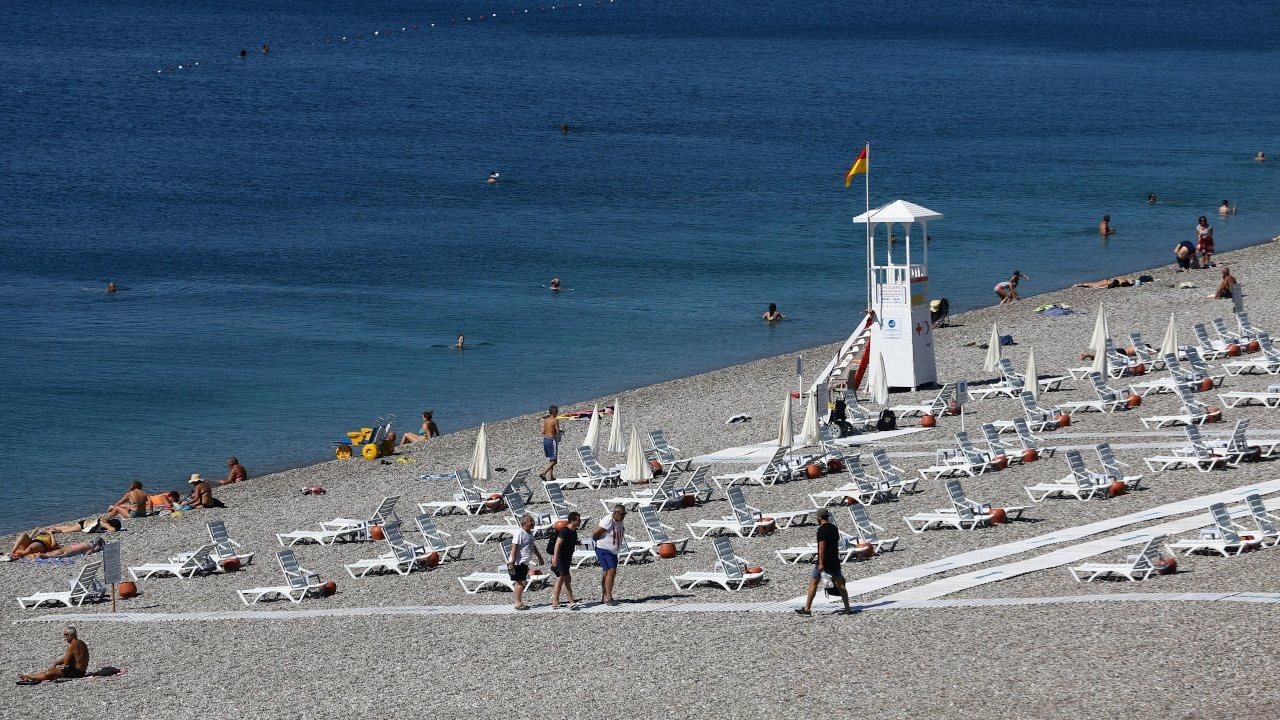Turkey says it's not picking sides in Ukraine-Russia conflict
Turkish Foreign Minister Mevlüt Çavuşoğlu said on April 15 that Ankara is not picking a side in the conflict between Ukraine and Russia. "We are not picking sides between the countries. Our stance is clear: balanced and constructive," he said.
Duvar English - Reuters
Turkey is not picking a side in the conflict between Ukraine and Russia and supports a diplomatic resolution of the issue, Foreign Minister Mevlüt Çavuşoğlu said on April 15 amid concerns over a Russian military build-up along Ukraine's border.
The United States and NATO have been alarmed by the build-up at the border and in Crimea, which Moscow annexed from Ukraine in 2014. Last weekend Turkish President Recep Tayyip Erdoğan called for an end to the "worrying" situation in eastern Ukraine's Donbass region and offered Ankara's support.
Russia subsequently said Turkey and other nations should not feed "belligerent sentiment" in Ukraine.
Speaking in an interview on broadcaster NTV, Çavuşoğlu said NATO member Turkey had good ties with both Russia and Ukraine.
"We are making the same call to both countries for issues to be resolved peacefully," he said. "We are not picking sides between the countries. Our stance is clear: balanced and constructive."
Turkey has forged close cooperation with Russia over conflicts in Syria, Libya and Nagorno-Karabakh, as well as in the defense and energy areas. But it criticized the annexation of Crimea and supports Ukraine's territorial integrity. It also sold drones to Kiev in 2019.
Last week Turkey said the United States would send two warships to the Black Sea, in a move Russia called an unfriendly provocation. On April 14 Turkish diplomatic sources said Washington had canceled the deployment.
Çavuşoğlu said Washington had informed Ankara of the decision. He said any future deployment would require a 15-day notice period under the 1936 Montreux Convention, which grants Turkey control over the Bosphorus and Dardanelles straits that connect the Black Sea and the Mediterranean, and limits warships' access.
"If the U.S. ships don't pass the straits today, the 15-day notice period starts all over again. Non-coastal states need to convey notices 15 days in advance," Çavuşoğlu said.

 Turkish Airlines suspends Russia flightsDiplomacy
Turkish Airlines suspends Russia flightsDiplomacy US cancels warships deployment to Black Sea Diplomacy
US cancels warships deployment to Black Sea Diplomacy Turkey could lose 500,000 tourists due to Russia flight restrictionsEconomy
Turkey could lose 500,000 tourists due to Russia flight restrictionsEconomy